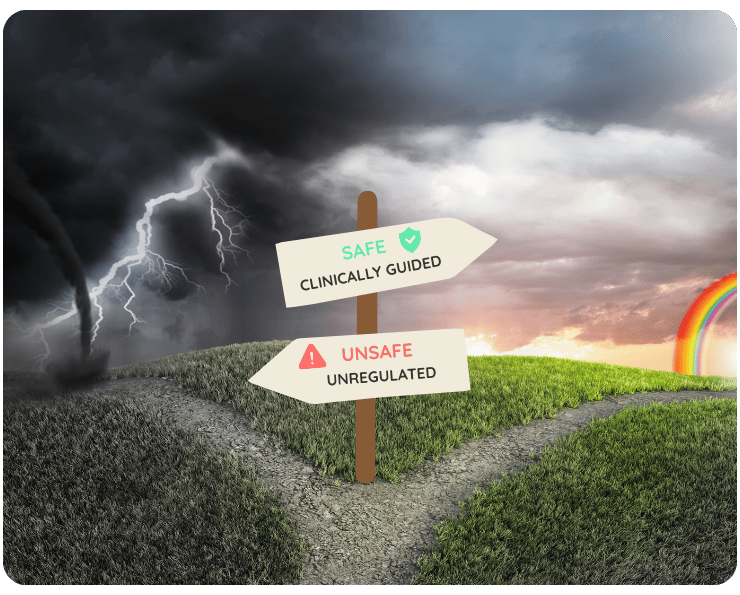
As another academic year comes to a close, K-12 school leaders are already feeling the pressure to start planning for the next one. However, before jumping into planning mode, it's crucial for educators to take a pause and reflect on the year that just passed.
Start with Yourself
The practice of self-reflection is invaluable for personal and professional growth. When you intentionally examine your thoughts, feelings, motivations and actions over the past school year, you:
- Build greater self-awareness
- Evaluate your strengths and weaknesses
- Identify behaviors that may need adjusting
- Deepen your alignment with core values
For example, if a school initiative struggled last year, reflecting objectively provides insights into how to improve for next year. Self-reflection allows you to get to the root of the issue and make better decisions going forward.
Prioritize Your Mental Health
In addition to furthering your growth, self-reflection is vital for managing stress and protecting your mental health. The school year places intense cognitive, emotional and physical demands on educators. Taking time for introspection provides an outlet to process all you've experienced.
During reflection, you can identify situations that caused anxiety or burnout and develop healthier coping strategies. You'll have the mental space to let go of negativity and find your inner motivations again. Approaching the new school year with this self-awareness and positive mindset will improve your resilience.
Keep It Positive
Of course, self-reflection shouldn't become an exercise in rumination or harsh self-criticism, which can damage self-esteem. Approach this process with self-compassion, celebrating successes while looking at failures through a lens of curiosity and growth.
Prioritizing self-reflection allows you to be more present, grounded and effective. It provides an increased sense of control, improved communication skills and better decision-making. Most importantly, it's a valuable tool for reducing stress and preventing burnout.
Invite Your Team
Once you've spent crucial time reflecting inward, guide your entire staff through a team-level reflection. This collaborative meaning-making process boosts morale and reinforces your school community.
Here are five questions to facilitate an impactful reflection:
- What were the biggest successes and challenges?
- What drove you to reach the highs and persevere through lows?
- What worked well and what didn't? Discuss strengths and growth areas.
- What situations caused the most stress? Ideate supportive solutions.
- Express appreciation and invite everyone to share what they're grateful for.
This reflection creates space for voices, validates feelings, promotes accountability and unites the team around a vision for improvement. Approaching next year with a unified front reduces anxiety.
The Lasting Impact
As you head into the new school year, thorough reflection ensures planning and initiatives are purposeful and sustainable.
Key takeaways for self-reflection:
- Make space to examine the past year objectively
- Celebrate growth and learn from setbacks
- Realign with your core purpose
Key takeaways for team reflection:
- Lead a collaborative year-in-review
- Unite around shared lessons and aspirations
Only after this vital reflective cycle should you start mapping out the future. With the clarity reflection provides, you'll lead from intention, wisdom and conviction - setting your school community up for success and sustainable wellbeing in the year ahead.



